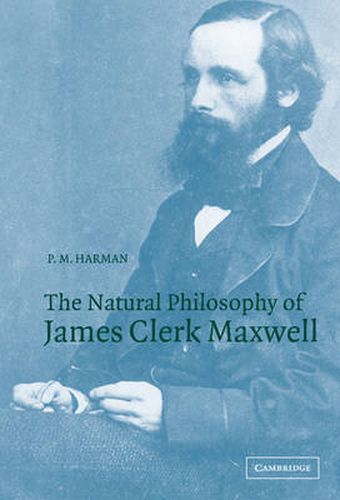Readings Newsletter
Become a Readings Member to make your shopping experience even easier.
Sign in or sign up for free!
You’re not far away from qualifying for FREE standard shipping within Australia
You’ve qualified for FREE standard shipping within Australia
The cart is loading…






This book provides an introductory yet comprehensive account of James Clerk Maxwell’s (1831-79) physics and worldview. The argument is structured by a focus on the fundamental themes which shaped Maxwell’s science: analogy and geometry, models and mechanical explanation, statistical representation and the limitations of dynamical reasoning, and the relation between physical theory and its mathematical description. This approach, which considers his physics as a whole, bridges the disjunction between Maxwell’s greatest contributions: the concept of the electromagnetic field and the kinetic theory of gases. Maxwell’s work and ideas are viewed historically in terms of his indebtedness to scientific and cultural traditions, of Edinburgh experimental physics, and of Cambridge mathematics and philosophy of science, which nurtured his career.
$9.00 standard shipping within Australia
FREE standard shipping within Australia for orders over $100.00
Express & International shipping calculated at checkout
This book provides an introductory yet comprehensive account of James Clerk Maxwell’s (1831-79) physics and worldview. The argument is structured by a focus on the fundamental themes which shaped Maxwell’s science: analogy and geometry, models and mechanical explanation, statistical representation and the limitations of dynamical reasoning, and the relation between physical theory and its mathematical description. This approach, which considers his physics as a whole, bridges the disjunction between Maxwell’s greatest contributions: the concept of the electromagnetic field and the kinetic theory of gases. Maxwell’s work and ideas are viewed historically in terms of his indebtedness to scientific and cultural traditions, of Edinburgh experimental physics, and of Cambridge mathematics and philosophy of science, which nurtured his career.